Role of the Laity in the Diocesan Curia: A Comparative Study of the Latin and the Eastern Codes
This Work is a Comparative study of CIC and CCEO on the role of the laity in the diocesan curia.Though a diocese is ntrusted to a diocesan bishop for pastoral governance,he does not fulfil his pastoral functions alone;he does it mainly with the help of his curia.The diocesan Curia can be Composed of clerics alone or a combination of clerics and lay persons together. The lay persons have been given much involvement in the Church after the Second Vatican Council.The Council taught that on receiving baptism, lay persons participate in the priestly, Prophetic and Kingly functions of Christ (cf.LG 31).Today,lay People are involved in th administration of the Chruch, both at the universal and at the diocesan level;thus, their role in the Chruch is also emphasized.They can function in many offices in the diocesan curia.
Traditionally, clerics are appointed in th diocesan curia.However,now lay People, who are outstanding in the requisite Knowledge, prudenc and integrity, can be appointed in the diocesan Curia. while the latin Code Permits a lay Person to hold Chancellor's office (in the Eastern Churches, the Chancelloer must be a Cleric), both the Codes allow the laity to function as finance officr, members of the financ Council, Judge, defnder of the bond, Promoter of Justice, notaries, etc.
Get it now and save 10%
BECOME A MEMBER
-
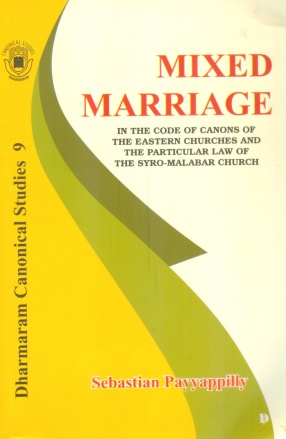
Mixed Marriage: In the Code of Canons of the Eastern Churches and the Particular Law of the Syro-Malabar Church
-
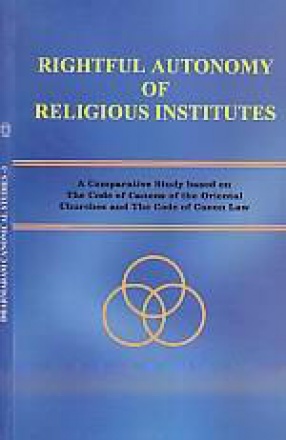
Rightful Autonomy of Religious Institutes: A Comparative Study Based on the Code of Canons of the Oriental Churches and the Code of Canon Law
-
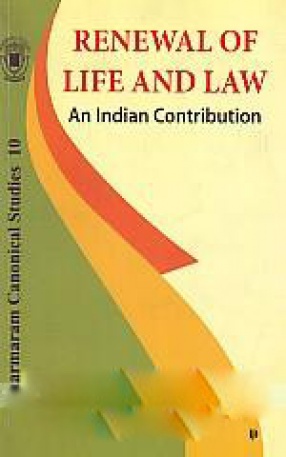
Renewal of Life and Law: An Indian Contribution
-
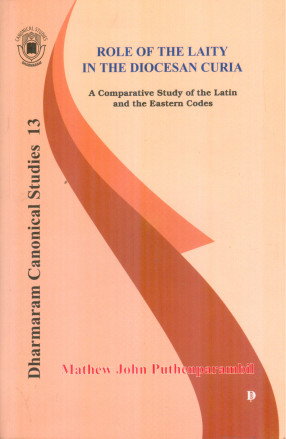
Role of the Laity in the Diocesan Curia: A Comparative Study of the Latin and the Eastern Codes



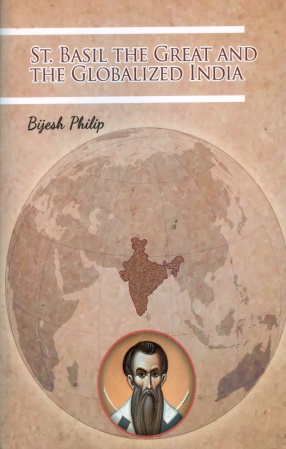
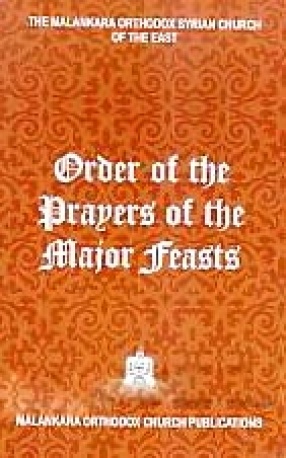
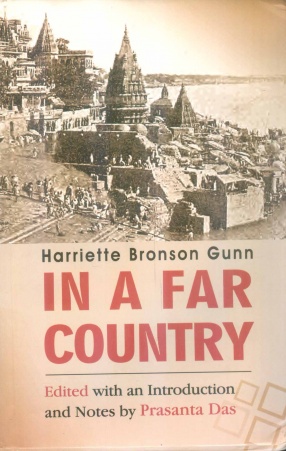

Bibliographic information